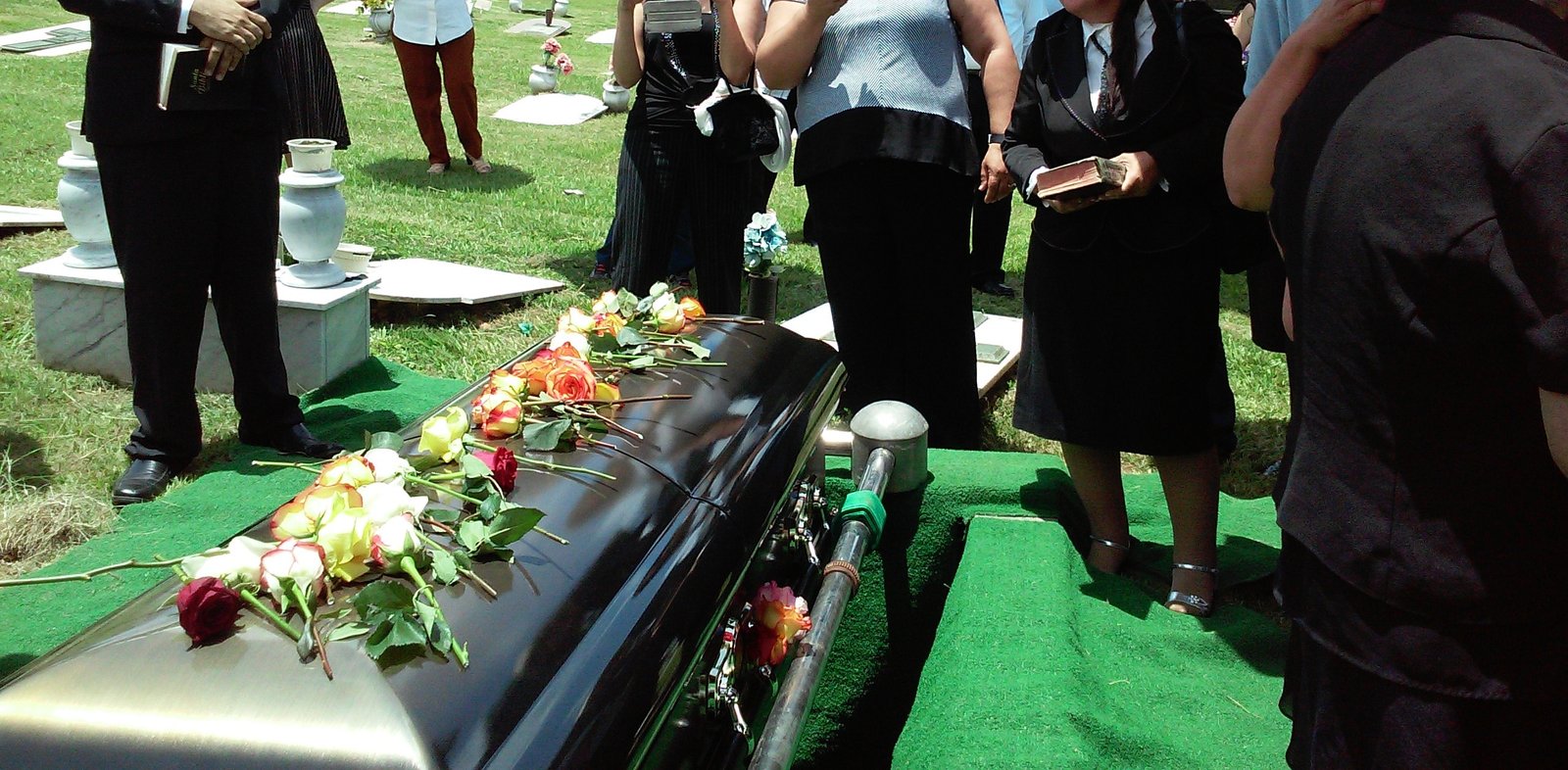Introduction
Dealing with the loss of a beloved pet can be an incredibly challenging and emotional experience. The grief that accompanies such a loss is valid and often underestimated by those who haven’t experienced it themselves. Fortunately, there is a wealth of resources available to help pet owners navigate the difficult journey of pet loss and grief. In this blog post, we will explore the top 10 pet loss and grief resources, providing you with the support and guidance you need during this challenging time.
1. Pet Loss Support Hotlines
One of the most immediate and accessible resources for pet owners in need of support is a pet loss support hotline. These hotlines provide a compassionate and understanding ear to listen to your grief and offer guidance on coping strategies. The ASPCA Pet Loss Hotline (1-877-474-3310) and the Pet Loss Support Hotline (1-888-478-7574) are two trusted options available 24/7.
2. Online Support Groups
In today’s digital age, online support groups have become a valuable resource for those grieving the loss of a pet. Websites such as The Association for Pet Loss and Bereavement (aplb.org) and Rainbow Bridge Online (rainbowsbridge.com) offer forums where individuals can connect with others who have experienced similar loss, share their stories, and find solace in a supportive community.
3. Grief Counseling for Pet Owners
For those who prefer one-on-one support, seeking out grief counseling specifically tailored to pet loss can be immensely beneficial. Many therapists and counselors specialize in pet bereavement and can provide personalized guidance and coping strategies to help navigate the grief process.
4. Pet Loss Books and Literature
There is no shortage of books and literature available on the topic of pet loss and grief. These resources offer comfort, guidance, and validation to pet owners experiencing the pain of losing a furry companion. Some highly recommended titles include “The Loss of a Pet” by Wallace Sife and “Goodbye, Friend: Healing Wisdom for Anyone Who Has Ever Lost a Pet” by Gary Kowalski.
5. Pet Loss Support Organizations
Various organizations dedicated to supporting individuals through pet loss and grief exist. The Pet Loss Professionals Alliance (PLPA) and The Pet Loss Center are two examples of organizations that provide resources, support groups, and counseling services to help individuals cope with the loss of their pets.
6. Veterinary Clinics and Animal Shelters
Veterinary clinics and animal shelters are not only places to seek medical care for your pets but also valuable resources for pet loss support. Many clinics and shelters offer support groups, counseling services, and recommendations for grief support resources in the local community.
7. Online Memorials and Tribute Websites
Creating an online memorial or tribute for your departed pet can be a cathartic and healing experience. Websites like Forever Fluffy and The Pet Loss Grief Support Center allow pet owners to create personalized memorials, share stories and photos, and connect with others who have experienced similar loss.
8. Pet Loss Support Apps
In today’s digital world, there are even apps available to help individuals cope with the loss of a pet. Apps like “My Pet Remembrance Journal” and “Pet Cloud” provide features such as journaling, memorial creation, and grief support resources right at your fingertips.
9. Pet Loss and Grief Workshops
Attending a pet loss and grief workshop can provide a supportive and educational environment for individuals navigating the grieving process. These workshops often cover various topics such as understanding grief, self-care, and memorializing your pet.
10. Pet Loss and Grief Therapeutic Services
For those seeking alternative approaches to healing, there are therapeutic services available specifically designed to address pet loss and grief. These services may include pet loss acupuncture, pet loss massage therapy, or even pet loss support through art therapy.
FAQs
Q: How long does pet grief typically last?
A: The grieving process is unique to each individual, but it is common for pet grief to last several months to a year. It is important to allow yourself time and space to heal.
Q: Should I get another pet immediately after the loss?
A: The decision to get another pet should be based on your readiness and ability to provide a loving and supportive home. Rushing into getting another pet may not allow for proper grieving and healing.
Q: How can I memorialize my pet?
A: There are various ways to memorialize your pet, including creating a photo album or scrapbook, planting a tree or flower in their memory, or making a donation to a pet-related charity in their honor.
Q: Is it normal to feel guilty after the loss of a pet?
A: It is common for pet owners to experience feelings of guilt after the loss of a pet. Remember that you did your best and provided a loving home. Allow yourself to process these emotions and seek support if needed.
Q: How can I support a friend or family member who has lost a pet?
A: Offer a listening ear, validate their feelings, and be understanding of their grief. Avoid minimizing their loss or suggesting they “just get another pet.” Simply being present and supportive can make a world of difference.
Q: Are there any pet loss support groups specifically for children?
A: Yes, there are pet loss support groups and resources specifically designed for children. The Association for Pet Loss and Bereavement (aplb.org) offers a section dedicated to helping children cope with pet loss.
Q: Can pet loss affect my physical health?
A: Yes, the emotional stress of pet loss can manifest in physical symptoms such as loss of appetite, difficulty sleeping, or even weakened immune system. Taking care of your emotional well-being is crucial for overall health.
Q: Can I bury my pet in my backyard?
A: Regulations regarding backyard pet burial vary by location. It is important to check with your local authorities to ensure compliance with any applicable laws or regulations.
Q: Should I involve my children in the decision-making process regarding euthanasia?
A: The decision to involve children in the decision-making process regarding euthanasia should be based on their age, maturity level, and ability to understand. It is important to provide age-appropriate explanations and support throughout the process.
Q: When is it time to seek professional help for pet grief?
A: If you find that your grief is significantly impacting your daily life, relationships, or overall well-being, it may be beneficial to seek professional help. A therapist or counselor can provide guidance and support tailored to your specific needs.
Tips
– Allow yourself to grieve and process your emotions at your own pace.
– Reach out to friends, family, or support groups who understand the unique pain of pet loss.
– Engage in self-care activities that bring you comfort and solace.
– Consider creating a physical or digital memorial for your pet to honor their memory.
– Be patient and kind to yourself as you navigate the ups and downs of the grieving process.
Conclusion
Losing a pet is undoubtedly a difficult and painful experience, but it is important to remember that you are not alone. The resources mentioned in this blog post offer a range of support options to help you navigate the journey of pet loss and grief. Whether you prefer online support groups, one-on-one counseling, or memorializing your pet in a personal way, there is a resource available to meet your needs. Remember to be patient with yourself, lean on your support system, and honor the memory of your beloved pet as you heal. Together, we can find solace and support in the face of pet loss.
Call to Action
If you found this blog post helpful, please consider sharing it with others who may be going through a similar experience. Together, we can create a supportive community for pet owners dealing with pet loss and grief. Let’s spread awareness and compassion for those who have lost their beloved furry friends.









